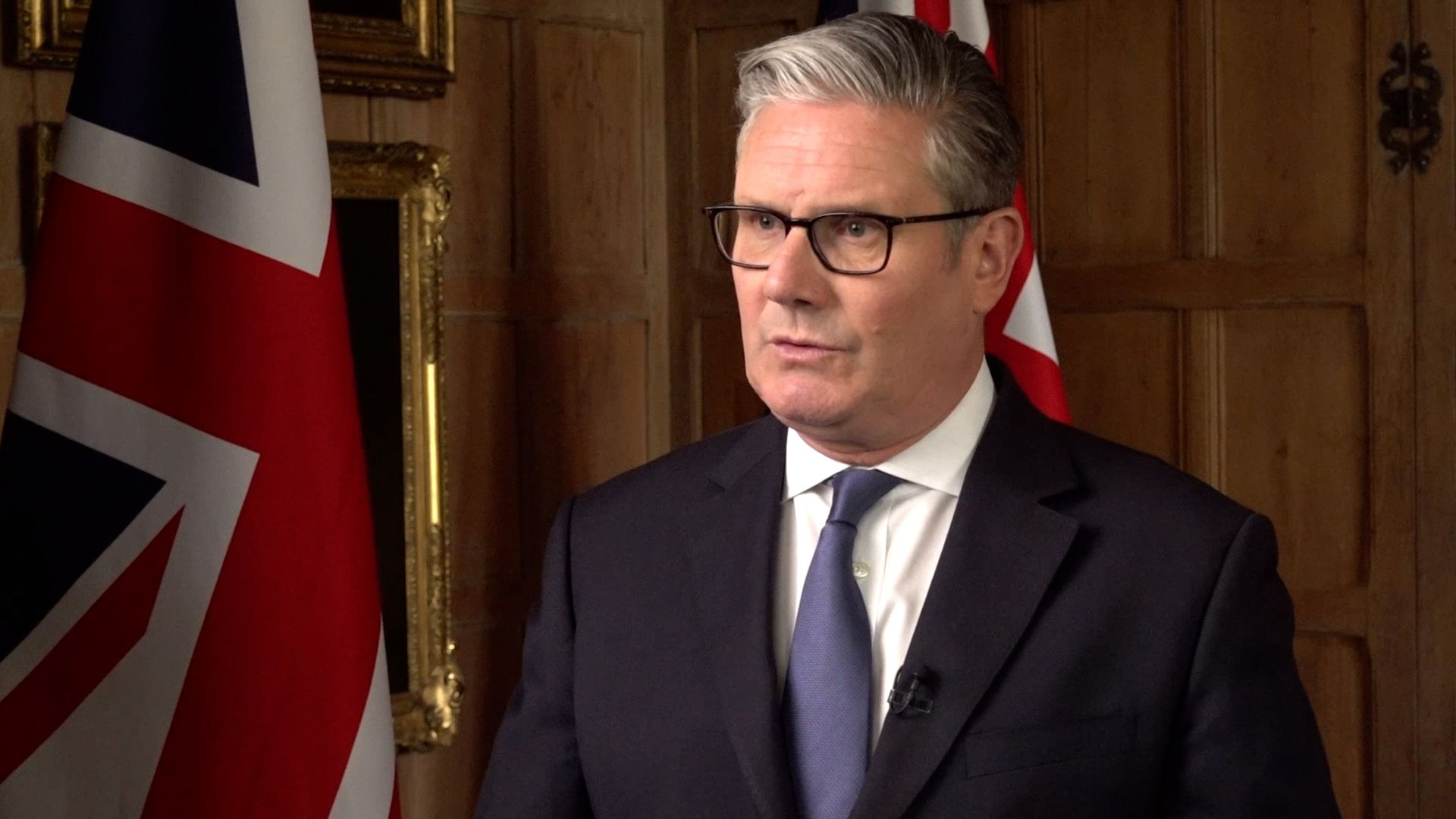How are the Trump administration's trade negotiations doing at the moment? Not well, it appears. Treasury Secretary Scott Bessent warns that China could lose 10 million jobs if it doesn't lower tariffs—which means the standoff with that country's government continues. Canada just elected a prime minister who wants to pretend that his North American country and its economy are part of Europe (it only is in a shared disdain for free speech). And Americans are, frankly, unconvinced that the U.S. president's antifreedom protectionism will do anything but make them poorer.
A Skeptical Majority
"Americans are widely skeptical about the benefits of the recent tariffs the Trump administration has imposed on the United States' trading partners, with majorities believing they will ultimately cost the U.S. more money than they generate — in the short term (70%) as well as the long run (62%)," reports Gallup of the results of recent polling.
Importantly, 89 percent of respondents think higher tariffs are very (66 percent) or somewhat (23 percent) likely to raise consumer prices. Majorities of those surveyed from both major parties agree on that point. That's a huge deal after the disruptive inflation that helped to do in the Biden administration and Democratic presidential hopeful Kamala Harris. Voters who fired one president over policies that sent the cost of living soaring won't be pleased if his successor disappoints them over the same concern.
Besides criticizing Biden and Harris over inflation, Trump also blamed them for letting the manufacturing sector erode. He partially justified high tariffs with the argument that they will revive domestic manufacturing and create jobs.
"The country gained 10,000 manufacturing jobs in President Trump's first full month in office — a swift turnaround after losing an average of 9,000 manufacturing jobs per month, or 111,000 total, in the final year of the Biden Administration," the White House boasted March 7.
But only 49 percent of those surveyed by Gallup agree that the trade war will bring about a rebirth of manufacturing jobs, with 25 percent considering that very likely and 24 percent saying it's somewhat likely. About half say that's either not too likely (32 percent) or not likely at all (18 percent).
Economists Are Even More Doubtful
The public has economists on their side in this dispute.
In a letter opposing protectionist policies that "repeat the catastrophic errors of the Smoot-Hawley Tariff of 1930," over 1,700 signatory economists, as of April 29, caution that "we anticipate that American workers will incur the brunt of these misguided policies in the form of increased prices and the risk of a self-inflicted recession."
Earlier this month, Goldman Sachs predicted that tariffs might create as many as 100,000 manufacturing jobs by raising the cost of goods produced overseas. But those higher costs are expected to reduce overall employment by 500,000 jobs.
Last week, the National Association of Manufacturers warned that domestic producers "are sharing their stories of increased cost pressures and uncertainty." The result has been higher costs for them that will eventually have to be passed on to consumers, and difficulty in planning while prices and markets are so turbulent and unpredictable.
With costs rising because of increasing expenses for components, materials, and packaging used even by domestic manufacturers, many businesses are delaying or canceling plans to invest in new plants and hire workers.
Reduced Hiring and Spending
"Trivium Packaging, a manufacturer of steel and aluminum containers…has shelved any expansion plans in the US for now, and the only hiring happening at its five US plants is to fill in staff losses due to attrition" because of the increased cost of the imported metal on which it relies, according to an April 17 Bloomberg report. Trivium was just one of the companies profiled in the article that "are putting hiring and expansion plans on hold while they come up with short-term plans to cope with the tariffs."
Consumers are also changing their behavior in response to the trade war. Americans initially flocked to buy cars to beat anticipated price hikes. Purchases slowed as the expected price increases materialized, spurring the Trump administration this week to carve out some tariff relief for automakers.
But the same factors driving concerns about prices and availability regarding cars affect every other industry. According to the Federal Reserve's latest Beige Book report on economic conditions, "uncertainty around international trade policy was pervasive" and "non-auto consumer spending was lower overall."
Additionally, "several Districts reported that firms were taking a wait-and-see approach to employment, pausing or slowing hiring until there is more clarity on economic conditions" and "there were scattered reports of firms preparing for layoffs."
Importantly, added the Beige Book analysis, "firms reported adding tariff surcharges or shortening pricing horizons to account for uncertain trade policy. Most businesses expected to pass through additional costs to customers."
Basically, businesses and consumers alike are slowing spending and taking a wait-and-see attitude as they anticipate higher prices and economic disruption from the Trump administration's protectionist policies. Americans expect the tariffs to be painful and they're not happy about it.
Impatient Americans
"Overall, 31% of U.S. adults say they would not accept any economic disruption at all from tariffs, while 68% would put up with at least a few months," Gallup found in its poll. "Those willing to tolerate some unease divide about evenly between accepting a few months (20%), up to a year (22%) or more than a year (26%) of economic pain."
With midterm elections coming up next year, the Trump administration has a limited window of opportunity to demonstrate that its protectionist policies can help Americans instead of hurt them. That's unlikely, since economists believe trade barriers almost always cause harm to the inhabitants of the countries that impose them. Given that most Americans anticipate pain from this trade war, Trump and company better get cracking on those negotiations.
The post Americans Doubt Trump's Trade War Will Benefit Them appeared first on Reason.com.






.jpg.webp?itok=1zl_MpKg)





 Bengali (Bangladesh) ·
Bengali (Bangladesh) ·  English (United States) ·
English (United States) ·